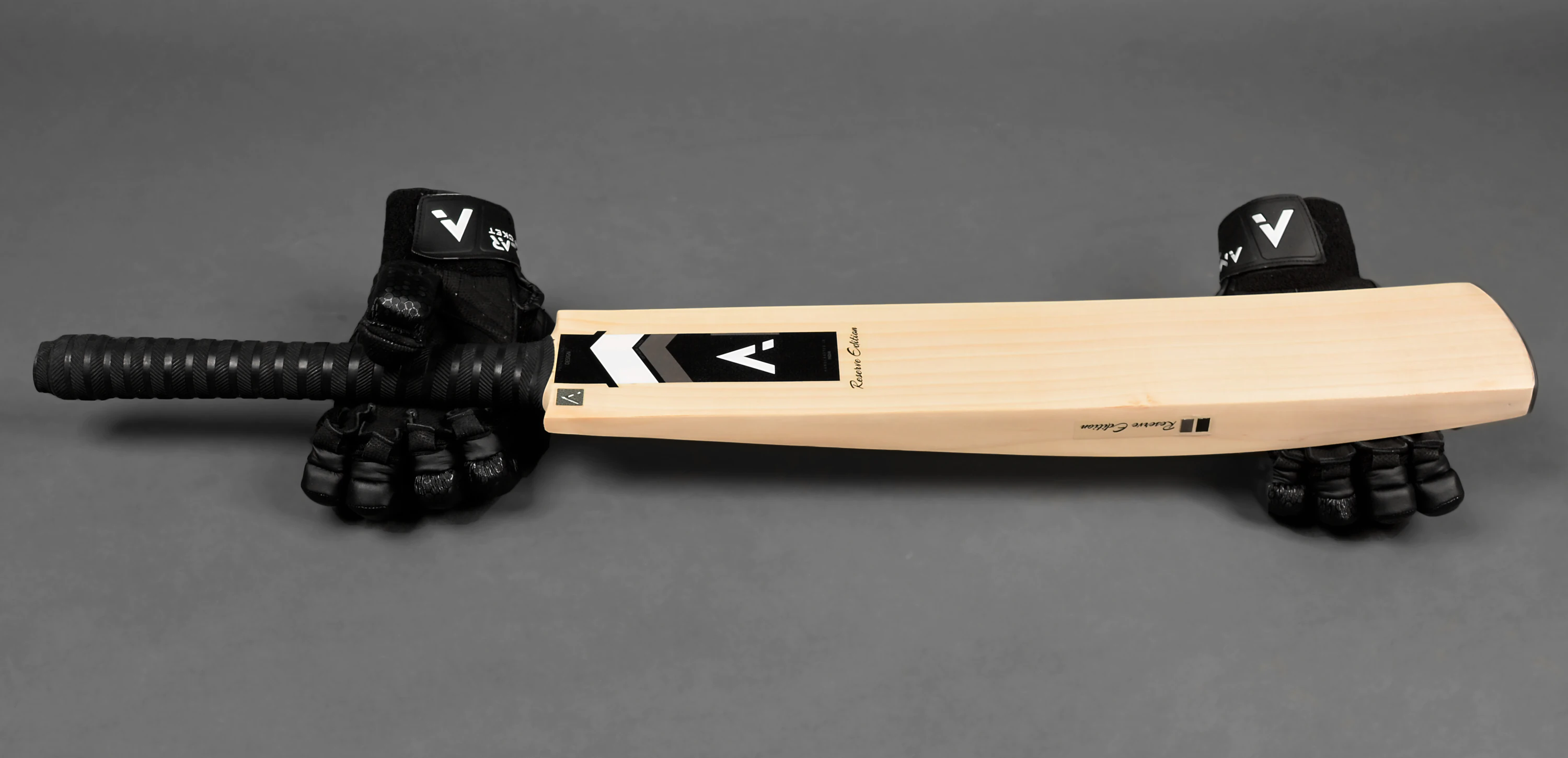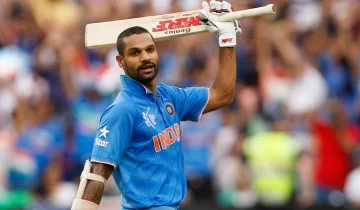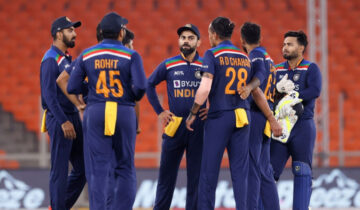Australia, who are now in first place in the World Test Championship standings, are waiting for their next match in their home corner, which is off-white with yellow trim. In this corner, they have the top two batters and the top-ranked bowler in the long format.
South Africa, currently in second place, is tiptoeing into the ring from the opposite corner, wearing pure white shirts and without having a sponsor for their team. Additionally, they have just one superstar on their team, whose star power has been slightly diminished.
The three-Test series is shaping to be a heavyweight bout, complete with trash-talking to match the intensity of the competition. Words such as “cowards” and “confrontation” have been pronounced before any mention of Cricket.
Beginning on December 17, there will be just as many eyes searching the front pages as scanning the back pages of sports publications. The contests between these two clubs, particularly over the past ten years, have typically been interesting enough to warrant coverage on both sides of the newspaper.
This is the first time the two teams have faced each other in a Test match since the largest scandal involving either side occurred in 2018. It was a show that shook the game to its foundation in Australia, resulting in characters being investigated and sanctioned and disseminating a new cultural norm. The people of South Africa have never truly grasped any of this information. Why should they do that?
Before Sandpaper Gate, South African players had been captured tampering three times in as many years. Faf du Plessis had been captured tampering twice (in 2013 and 2016, and Vernon Philander had been captured tampering once, but their board had always defended them and never punished them.
In the cases involving du Plessis, the CSA made a good case for the defence that everyone does it, but in the case involving Philander, they warned the broadcaster not to air footage of him scraping the ball with his thumbnail.
Nevertheless, it was displayed, and Philander was charged 75% of his match fee, but South Africa did not express any regret for their actions. The South Africans were perplexed when they saw the Australians begin an investigation, heard their prime minister speak on the topic, and found out the terms given to those who were found guilty. In this country, some true criminals are given shorter sentences than others.
Presently, four years and a pandemic later, to find Australians still having a conversation – no, hand wringing – regarding Sandpaper Gate and how it will influence the mood ahead of this story arc has left South Africa, as Rassie van der Dussen said it, “amazed.”
This is because Australians are concerned about how it will affect their mood. Recently, it has returned to the centre of attention due to a shocking comment made by David Warner regarding withdrawing his appeal against his membership ban.
Australians And South Africans Might Have Some Common Things
When pushed, Test captain Dean Elgar and interim head coach Malibongwe Maketa have named Sandpaper Gate “unfortunate,” but if you listen to the tone and the whole of their responses, what they’re trying to say is that it’s just not a big deal to South Africans as it is to other people around the world. It’s a cultural difference, similar to how people have different opinions regarding run-outs at the end where the non-striker is batting.
This is a surprise, given that, at first glance, Australians and South Africans might have quite a few things in common.
They are both from sunny, outdoorsy areas with some of the best beaches in the world, and they both regard the ritual of cooking meat over open flames as a social occasion.
The Australians call it a barbeque, while the South Africans call it a braai. Their cricket teams are composed of big, fast bowlers and a group of dependable batsmen, with the occasional extraordinary one thrown in for good measure.
They are the teams that focused on physical conditioning much before others and made it a priority to make fielding as important a part of the game as hitting and bowling.
However, although South African and Australian cricket teams have similarities in structure and stability, some aspects are separate. It’s like how oil and water don’t mix.
Australia has traditionally had a more aggressive and intimidating presence than South Africa. They were the first people to invent and perfect the use of the sledge. South Africa has made numerous attempts over the years to compete with them, but their statements had little weight until they began to win matches against Australia.
After that, in 2018, they reached their full potential, but we’ve previously gone over that material. In a similar vein, South Africa has tried to emulate the body language of Australia, but in 2018, it went too far with its attempts.
Kagiso Rabada’s shoulder brush with Steven Smith in Gqebera gave him enough demerit points to result in a ban, despite the fact he could get it reversed on appeal.
The incident resulted in Kagiso Rabada receiving sufficient penalty points to result in a ban. Since then, Rabada has recognized that there is “some sort of grudge between South Africa and Australia,” but he says he would much rather view this series as a time to “simply focus on cricket.”
To a large extent, that encapsulates South Africa. They prefer to keep the Cricket on the field, usually tunnel-visioning themselves as sportspeople alone, which is both a strength and a flaw. Although Elgar almost dared Australia to bring the fight to them, Australia prefers to keep the Cricket on the field.
The matchup between Labuschagne and Rabada and Anrich Nortje is the type of narrative that has the potential to define the series. And there are going to be more after them.
The competition between Cameron Green and Marco Jansen is as much about height as it is regarding allrounder ability; the question of whether or not the spinners along either side, Nathan Lyon and Keshav Maharaj, will have a say is a fascinating subplot.
Smith and Warner’s return against the team that witnessed their darkest moment nearly five years ago is a must-watch. This series should be at the top of your to-do list for the holiday season, regardless of what else you have planned.
Prepare yourself for this cricket season with premium and top of the class custom cricket equipment and cricket clothing from ANGLAR.












